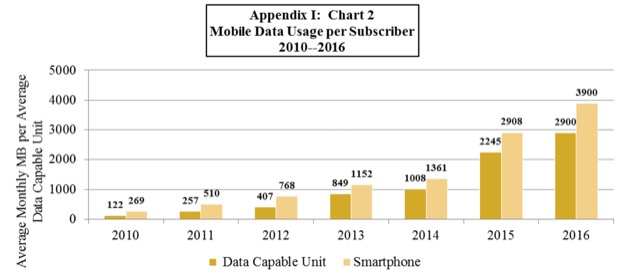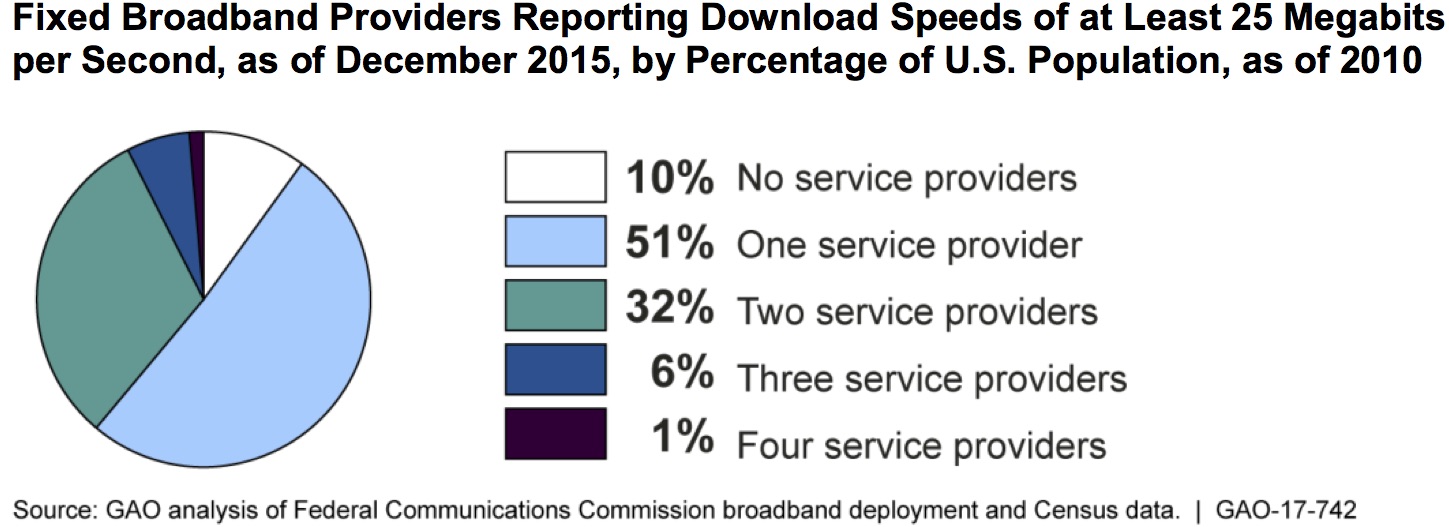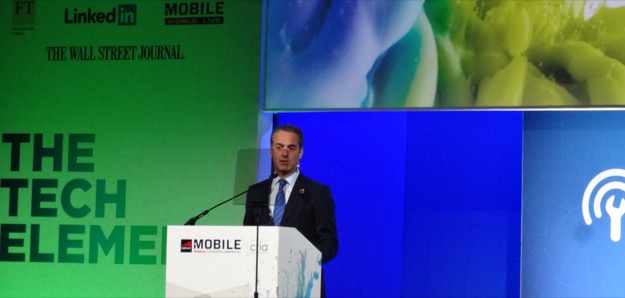Frontier preps to pull a wireless bait and switch on Californians

Frontier Communications is backtracking on pledges made to the California Public Utilities Commission as it successfully sought permission to take over Verizon’s copper and fiber systems in California. During that process, it claimed to be a “dedicated wireline service provider” as it was trying to convince the CPUC that it could do a better job than Verizon…
… MoreFrontier is strategically focused solely on wireline telecommunications and has a long and successful history providing those services.





![Noah_Loverbear [CC BY-SA 3.0 (https://creativecommons.org/licenses/by-sa/3.0)], via Wikimedia Commons](https://www.tellusventure.com/images/2017/9/americas_cup_alcatraz.jpg)



